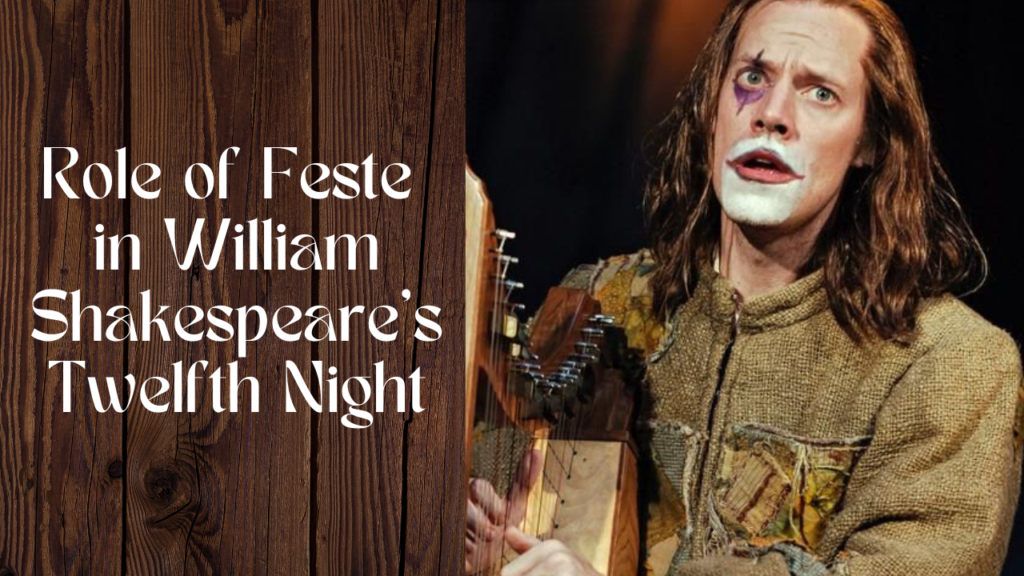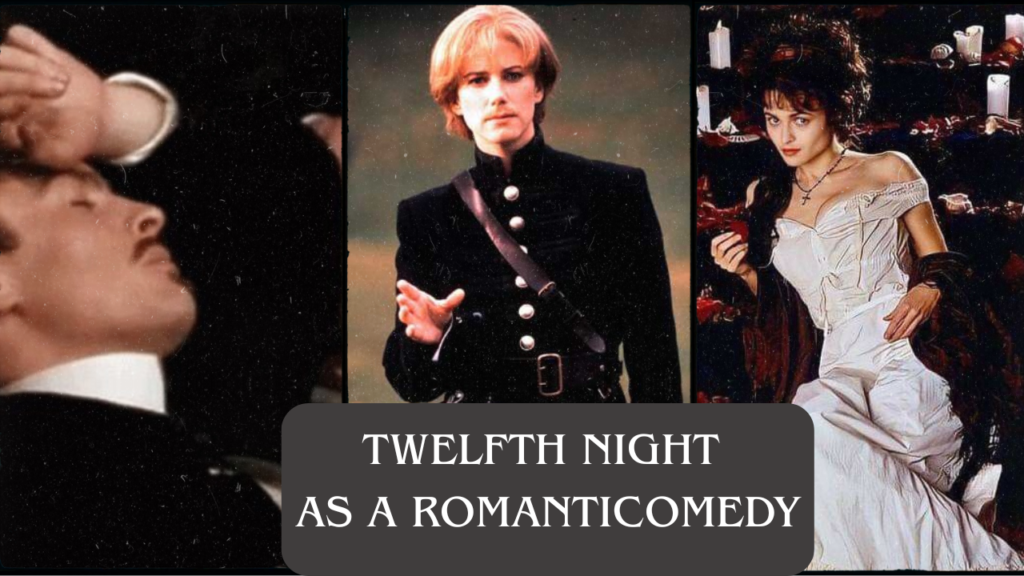Introduction: What is the biblical significance of Twelfth Night?
The title of William Shakespeare’s Twelfth Night refers to the twelfth night of Christmas celebration which is also referred to as the ‘eve of Epiphany’ that celebrates the event of bringing gifts for infant Jesus by Magi. Twelfth Night is a festive comedy which is believed to be first performed for London College of Law, the Middle Temple, as part of its annual Christmas celebration. During Elizabethan era, Twelfth Night, that falls on Jan 6th and was also known as the Feast of Fools, where fools took over the ruling position and kings took on the fool’s role of entertaining people. Normal constraints and conventions were restricted thus and temporarily suspended for celebration and merry making. Historical evidence also suggests that it was presented to Queen Elizabeth on Twelfth Night in 1601 and her guest of honor was an Italian nobleman called Virginio Orsino.
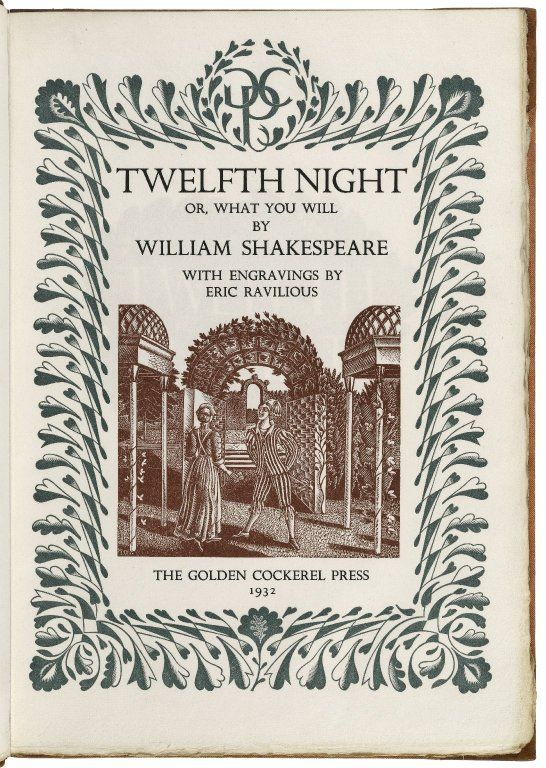
Twelfth Night or, What you Will by William Shakespeare is a romantic comedy that is purged with confusions, revelry and lovesickness.
What does Critic C.L. Barber has to say about Shakespeare’s Romantic comedies?
Critic C.L. Barber argues in her work Shakespeare’s Festive Comedies. The comedies Shakespeare wrote – penned down in the half decade leading up to Hamlet which includes A Midsummer Night’s Dream, As You Like It and Twelfth Night, all draw upon the Elizabethan celebrations of feast days for their spirit and structure.
Illyria as an imaginary setting
Illyria, which is the setting of Twelfth Night is a romantic fictional place saturated with festive mood of celebration, daunting confusions and merry-making. Illyria is an imaginary land of fantasies and surprises along with excitement and thrill. Shakespeare chose an imaginary setting as it enabled him to incorporate unrealistic, impossible and topsy-turvy matters in order to excite the curiosity of the audience which keeps them engaged to the end of the play.
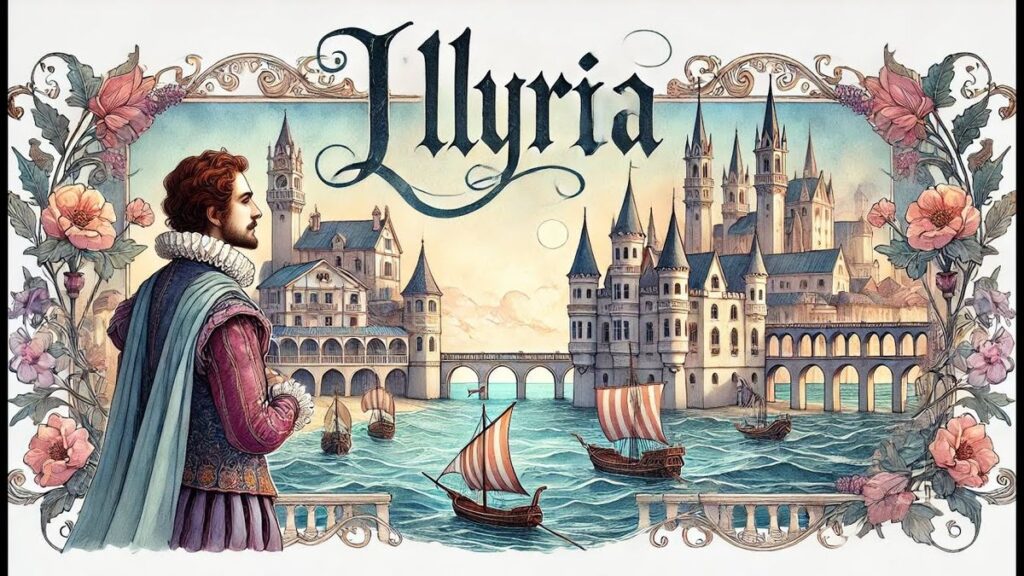
Opening scene and lovesick Duke Orsino of Illyria
In its opening scene, we find Orsino’s great house styled as an Italian court. He is the duke of Illyria who is more obsessed with the idea of being in love than with the woman he says he loves. He is more concerned with his love affairs rather than political activities. He is more amorous than diplomatic. Countess Olivia of Illyria mourns for her dead brother. She readily changes her mind when she meets disguised Viola, and falls in love at first sight. Viola and Sebastian, who suffer shipwreck and enjoy Illyria, are bewildered and face a series of abnormal situations that delights the audience. On one side the major characters suffer from love pangs, love for dear family members and restrain from mirth and laughter, and on the other hand, the minor characters engage themselves in revelry, dancing, singing catch, daydreaming and delicious foods.
Carnivalesque
The trope of Carnivalesque is prominent throughout the play. It refers to a situation where the high authority doesn’t hesitate to share their innermost feelings with the subordinates. The subordinates do not think it inappropriate to imagine themselves placed at a higher level. Duke Orsino reveals his innermost feelings to his new employee Cesario, the disguised Viola without any hesitation. He trusts her so much that he entrusts him with the task of taking his love proposal to Countess Olivia. The duke is not aware of the fact that Viola falls for his love at the same time. Another twist occurs when Olivia falls for Cesario. As a result, a lovely but funny love triangle forms. This love triangle must be untied by time as it becomes impossible for Viola to untie it.
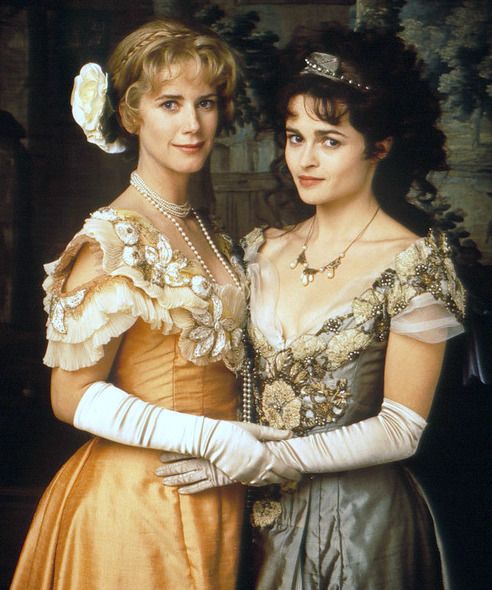
Malvolio, steward of Olivia, imagines that his lady loves him after finding the letter on the bench forged by Maria. He envisions himself in a funny situation where he is contemptuously harassing the lords of the house like Sir Toby. The social hierarchy thus breaks down temporarily.
Revelry and food are crucial for the twelfth night
The festival is incomplete without foods and drinks, especially “cake and ale” and music, forming crucial elements of revelry. Twelfth Night is a play which opens and ends with music. Love-sick Orsino loves to hear music. The clown, Feste, sings four songs which contributes relief, mirth and humor to the atmosphere of the play.
Sir Toby, Sir Aguecheek and Feste engage in revelry in spite of the fact that Olivia is drowned in melancholy. They can well be considered as the versions of Lords of Misrule. On the other hand, Maria bears a strong resemblance to the Lady of Misrule. Their only enemy is Malvolio, steward of Olivia who forbids all celebration and merrymaking. They all make a fool of Malvolio that forms the comic subplot of this play.
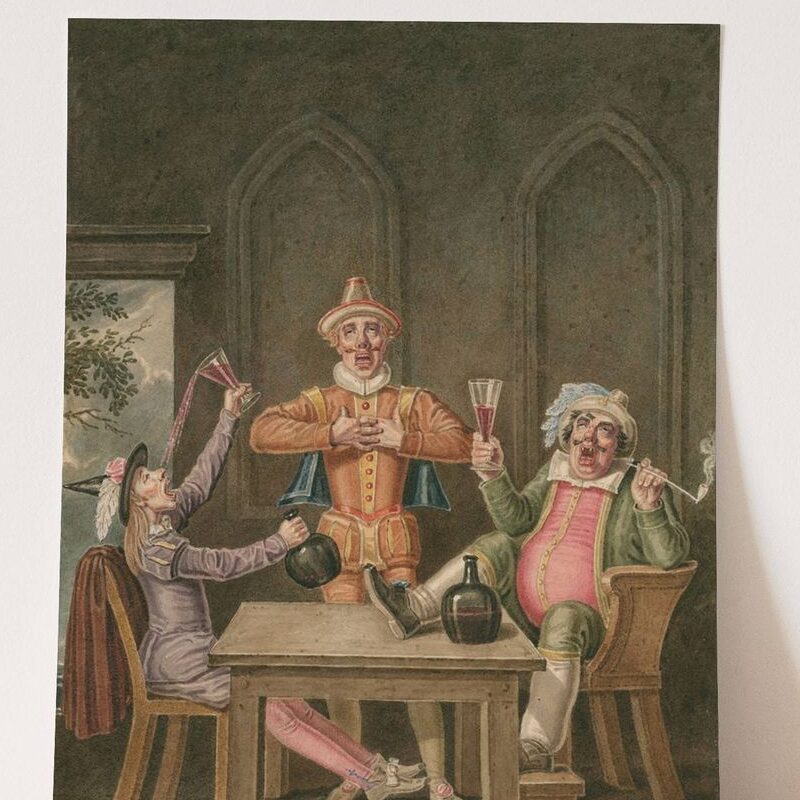
Disguise and confusions are important for the night that falls after 12 days from Christmas
Disguise, cross-gendering & confusions form the crucial catalysts of the play. Viola disguises as Cesario which creates love confusion for major characters in the play. Viola falls in love with Orsino and Olivia falls in love with disguised Viola. It is Sebastian who saves all the characters from a major heartbreak in the end. Viola, the twin of Sebastian when disguised as Cesario resembles her brother in many ways. Thus, Olivia eventually loves Sebastian and Viola comes out of her disguise to make a union with lovesick Duke Orsino. Both the major heroine despaired for the deaths of their brothers. But Viola is more fortunate than Olivia as Sebastian, her brother finally unites with her in the end.
Conclusion
Music, drinking, revelry, food, disorder, misrule and happiness pervades throughout the play which makes the tale appropriate in nature. The conflicts emerge and get resolved among the major characters while the minor continuously perpetuate revelry in the background. The nobility due to their high status in the society deals with their love issues and confusion. Whereas the minor characters engage in fooling around throughout the play. The play opens with celebration and ends with celebrations. The marriages of Olivia and Sebastian, Viola and Orsino and Sir Toby and Maria take place in the end.

